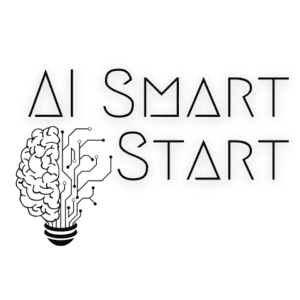How does AI affect human life? This inquiry has grown in importance as AI advances and influences various parts of our lives. In this blog post, we’ll explore the implications of AI on human life – from its definition and benefits to the challenges it poses and how it has revolutionized various sectors.
We’ll uncover how AI systems have been integrated into different sectors – from healthcare to education – and discuss their positive and negative impacts. As we explore the dynamic between human intelligence and machine learning capabilities, you’ll gain a clearer insight into how AI influences human behavior.
Finally, we’ll look towards the future, examining current ai research trends that hint at what’s next in AI development. So join us as we navigate through this intriguing journey of discovery: How does AI affect human life?
Table of Contents:
What is Artificial Intelligence?
- What is Artificial Intelligence? Different Types of AI
- Benefits of AIAutomation and Efficiency
- Better Decision Making
- Innovation
- How AI is Changing Our LivesPersonalized Experiences
- Revolutionizing Healthcare
- Self-Driving Cars
- Challenges of AIEthical Considerations
- Legal Challenges
- How AI Makes Our Lives EasierAiding Communication
- Simplifying Tasks
- Enhancing Security
- Impact on Human LifeRevolutionizing Healthcare
- Transforming Transportation
- Enhancing Education
- Innovating Entertainment
- How AI Shapes Human BehaviorThe Echo Chamber Effect
- Communication Habits
- Positive Behavioral Changes
- Privacy and Autonomy Concerns
- The Future of AIAutonomous Vehicles
- Personalized Learning Systems
- Predictive Healthcare
- FAQs in Relation to How Does Ai Affect Human Life? How AI Impacts Human Life
- What Impact Will AI Have on Our Future?
- How AI Helps Us in Daily Life
- How AI Affects Human Interaction
- Conclusion
What is Artificial Intelligence?
AI is an exciting area of computer science that aims to create machines that can accomplish tasks that require human intellect. AI handles tasks that need human-like thinking, such as resolving issues, recognizing patterns, interpreting language, and making decisions.
The concept of AI isn’t new – it’s been around for decades. However, technological advancements, such as increased data volumes, processing speeds, and more sophisticated algorithms, have propelled AI into the spotlight.
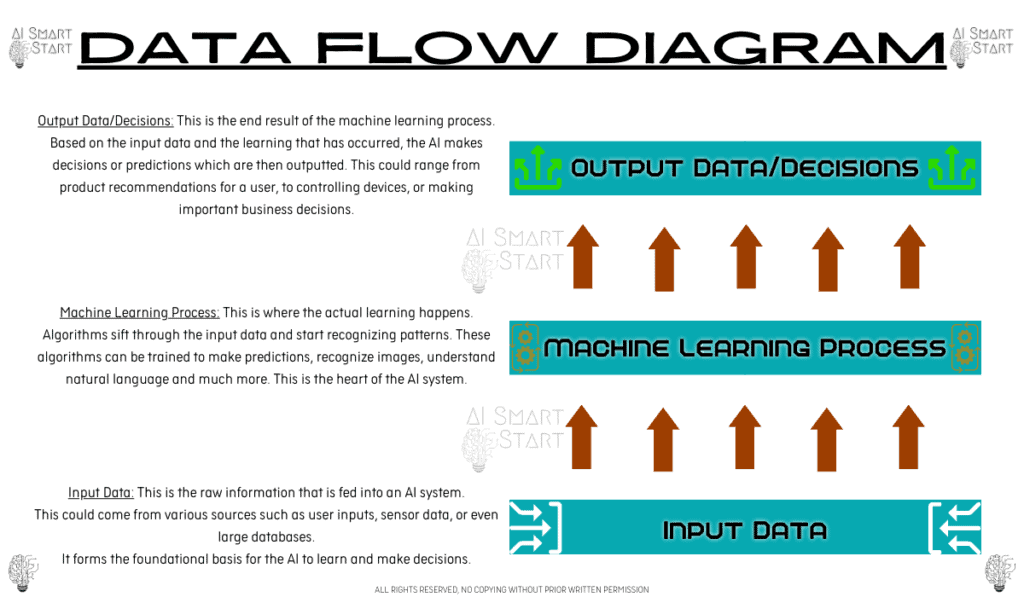
Different Types of AI:
- Narrow or Weak AI: This type specializes in one task only, like recommending songs on Spotify or answering queries on Siri.
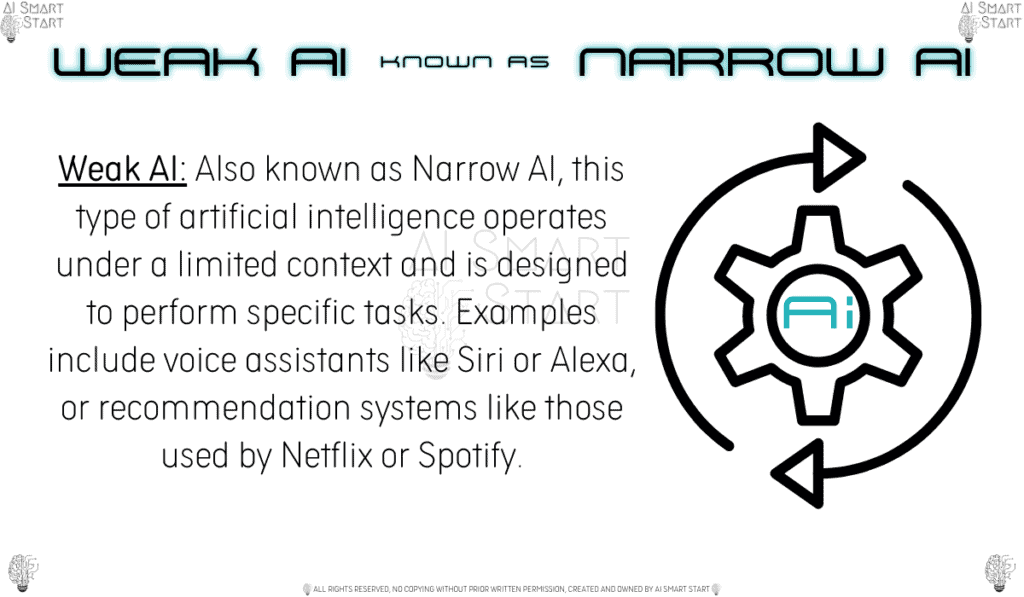
- General or Strong AI: It can understand and learn this intellectual task that a human being can do, but it’s currently theoretical, with no practical examples.
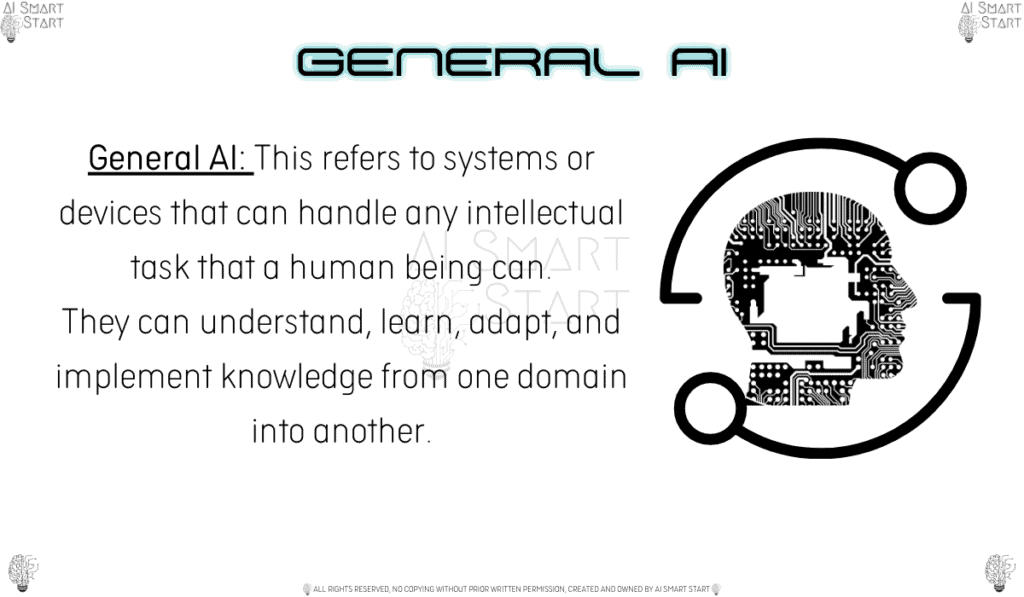
- Superintelligent AI refers to systems surpassing human abilities at nearly every conceivable job, which remains hypothetical.
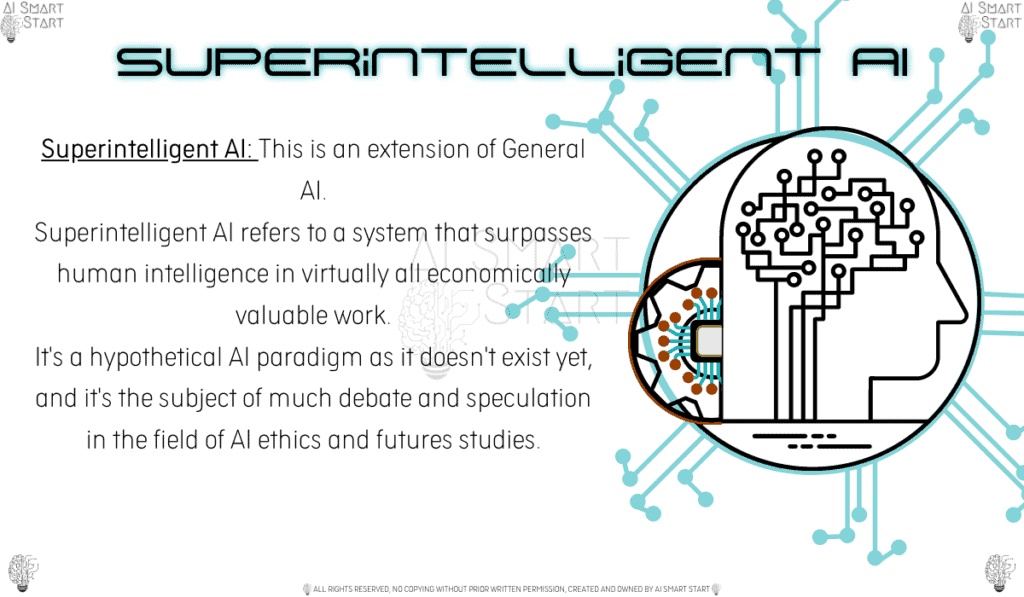
Drawing on numerous disciplines such as computer science, psychology, linguistics, and philosophy to emulate and enhance human thought processes through the use of machines, artificial intelligence is a crucial component of our ever-evolving digital world. Grasping the idea of ‘artificial intelligence’ is essential as we progress into a digital era where automation pervades various industries worldwide.
Benefits of AI
The advent of Artificial Intelligence (AI) has ushered in a new era of technological advancement, offering numerous benefits that are reshaping our world. One significant advantage is the automation of mundane tasks.
Automation and Efficiency
AI can easily handle repetitive tasks, freeing time for more critical thinking and creative pursuits. AI systems can provide more efficient solutions by leveraging data-driven insights and making decisions quicker than humans. With machine learning algorithms, AI systems can learn from data patterns and make decisions faster than humans.
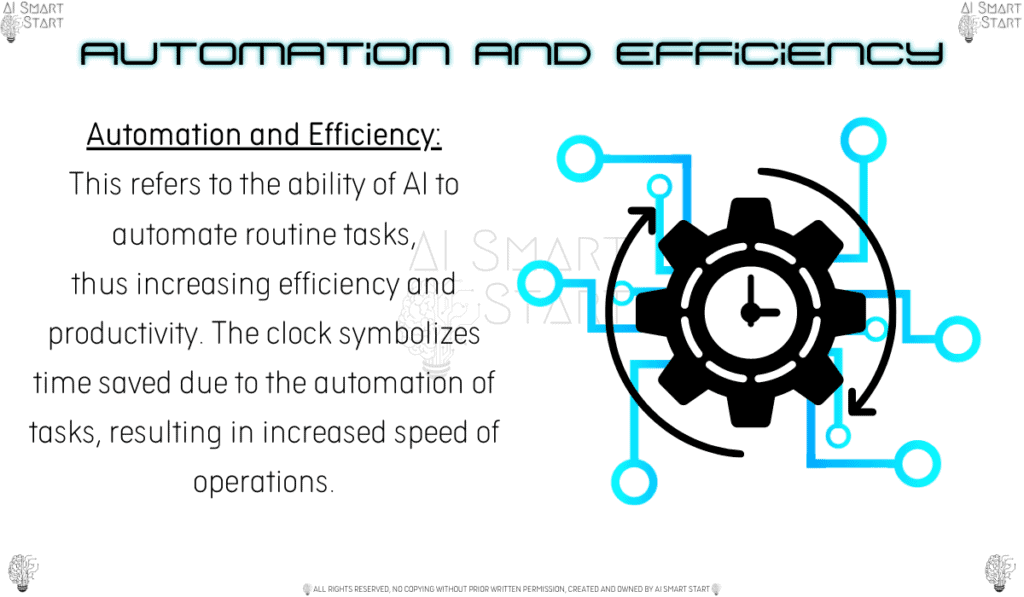
Better Decision Making
AI plays a pivotal role in improving decision-making processes. By analyzing lots of data quickly and accurately, AI helps organizations make informed decisions based on real-time insights – something human analysts might need more time to process.
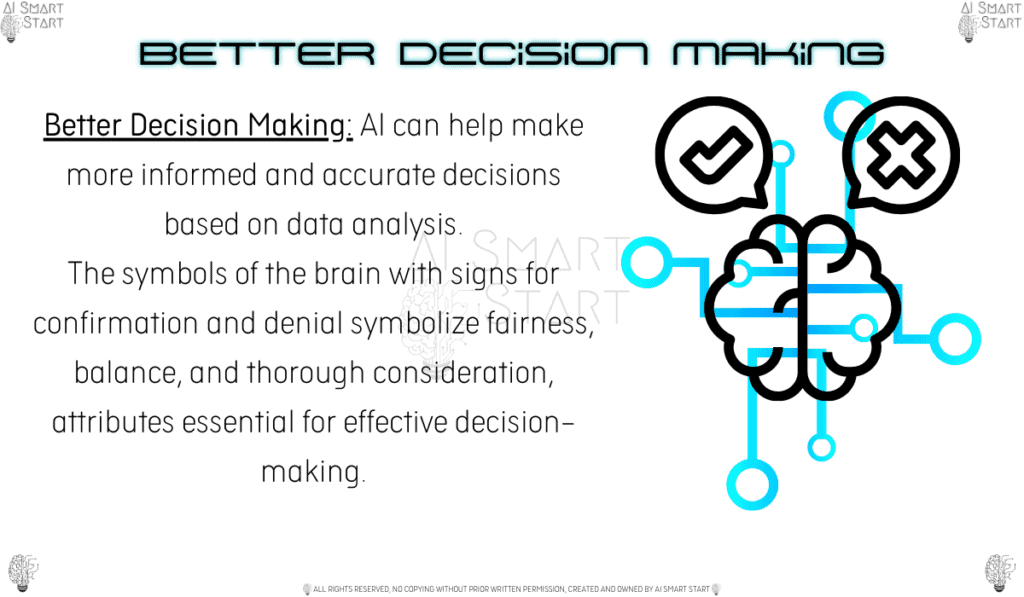
Innovation
Innovation is another area where we see the profound impact of AI. From self-driving cars and voice assistants like Siri or Alexa – these groundbreaking technologies owe their existence to advancements in AI.
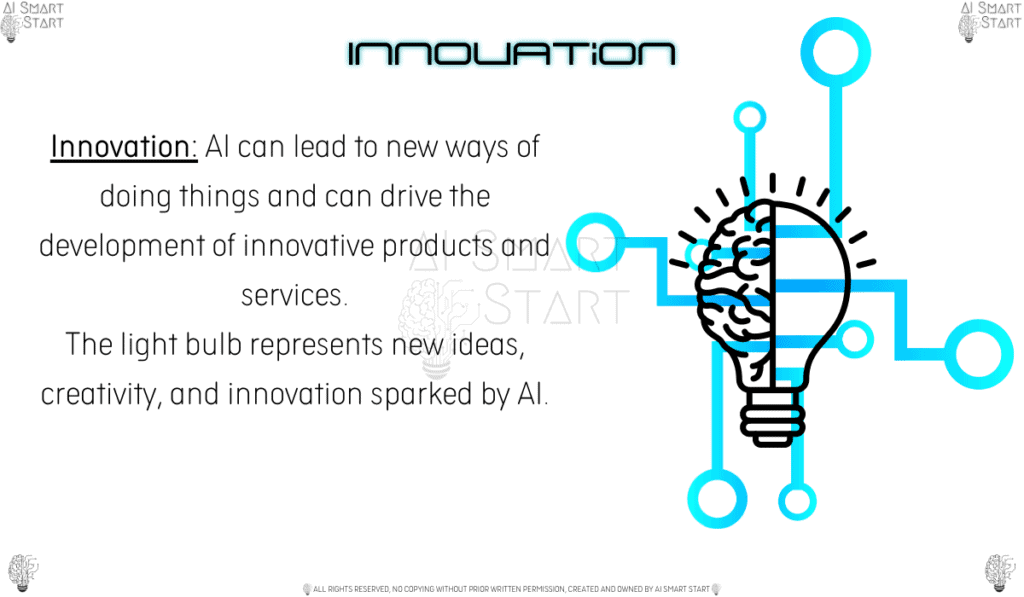
Numerous businesses leverage AI tools to enhance the customer experience through customized recommendations that align with their unique preferences. According to Salesforce, AI-powered customer service can increase customer satisfaction by 33%.
How AI is Changing Our Lives
Artificial Intelligence (AI) significantly and diversely impacts human life. AI strives to construct machines capable of executing tasks usually requiring human intelligence. As a result, AI has transformed many aspects of our lives.
Personalized Experiences
Machine learning, a subset of AI, enables personalized experiences by analyzing user behavior and preferences. Machine learning algorithms significantly enhance personalization, from music recommendations on Spotify to movie suggestions on Netflix.

Revolutionizing Healthcare
AI plays an essential role in healthcare. It assists doctors with diagnosis and treatment options based on vast amounts of medical data processed within seconds – something impossible for humans alone. Some hospitals already use AI-based systems for the early detection and prevention of diseases like cancer.

Self-Driving Cars
In transportation, self-driving cars equipped with advanced AI technologies promise safer roads by reducing human error-related accidents. Companies like Tesla are leading this revolution with their autonomous vehicles powered by sophisticated Autopilot systems.
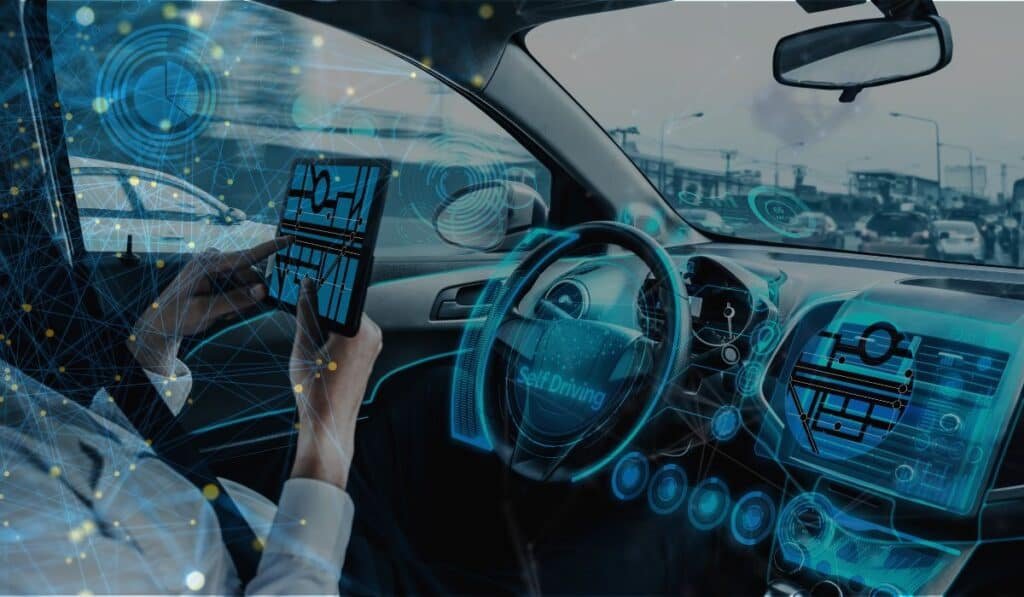
All these examples demonstrate how deeply integrated AI has become in our everyday lives – making them more convenient while opening up new possibilities for future innovations.
Challenges of AI
As AI advances, we must address the ethical and legal implications that accompany its use. One significant issue is the ethical and legal implications tied to AI use.
Ethical Considerations
AI systems, while highly efficient, lack human intuition and moral judgment. This absence can lead to ethically questionable decisions in sensitive areas like healthcare or law enforcement. For instance, an AI system might prioritize efficiency over fairness, resulting in discriminatory practices.
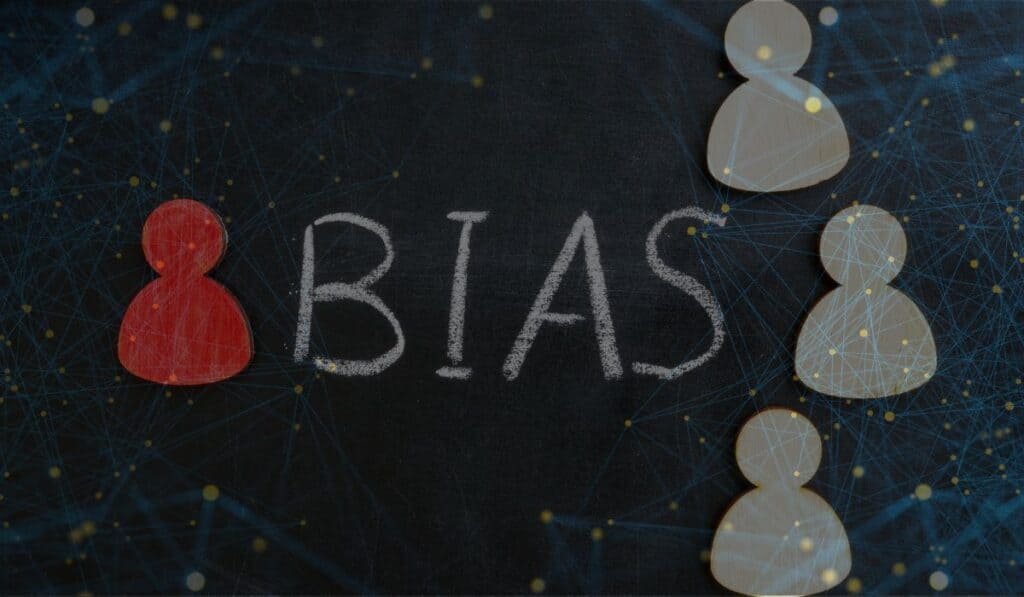
Legal Challenges
The rapid advancement of AI technology often outpaces the development of laws and regulations governing its use. This lag creates a regulatory vacuum where misuse can occur unchecked. Furthermore, attributing responsibility when things go wrong becomes complicated due to the autonomous nature of these systems.

Potential for Misuse
A more sinister challenge lies in malicious actors’ potential misuse of AI for purposes such as deepfake creation or cyberattacks. Deepfakes are becoming increasingly hard to identify, bringing forth considerable dangers for privacy and security.
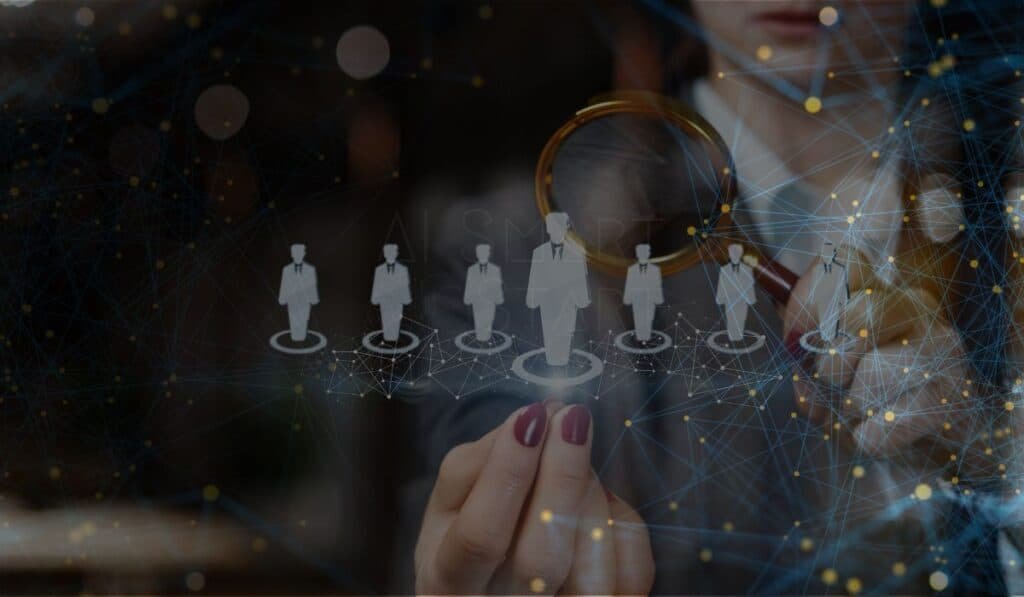
To address these challenges, ongoing dialogue among stakeholders, including developers, policymakers, researchers, and users, is crucial for developing robust frameworks that ensure responsible usage while maximizing benefits from this revolutionary technology.
How AI Makes Our Lives Easier
We interact with AI more often than we realize, from personalized Netflix recommendations to voice-activated assistants like Siri. These interactions are designed to streamline tasks and enhance user experience.
Aiding Communication
AI has revolutionized the way we communicate. Tools like predictive text and speech recognition make digital communication faster and more efficient. For instance, Google’s innovative compose feature uses machine learning algorithms to predict what you will type next.
Simplifying Tasks
Virtual assistants use AI technology for everyday tasks, from setting reminders to navigating routes. They learn from your habits over time and can anticipate needs based on patterns. For example, Amazon’s Alexa can order groceries based on your previous orders.
Enhancing Security
Platforms like Facebook or security apps use facial recognition systems with deep learning models for accurate identification. Deep learning models employed by facial recognition systems provide an additional layer of protection, enabling quick and secure identification. Apple’s Face ID uses advanced AI technology to detect and recognize your face, allowing convenient access to your device.
In essence, AI makes mundane chores easier and keeps us safe online. Its impact is widespread daily, improving efficiency while offering a personalized touch.
Impact on Human Life
AI is already substantially affecting our lives, from healthcare to transportation, entertainment education. From healthcare to transport and entertainment education, AI has permeated every sector.
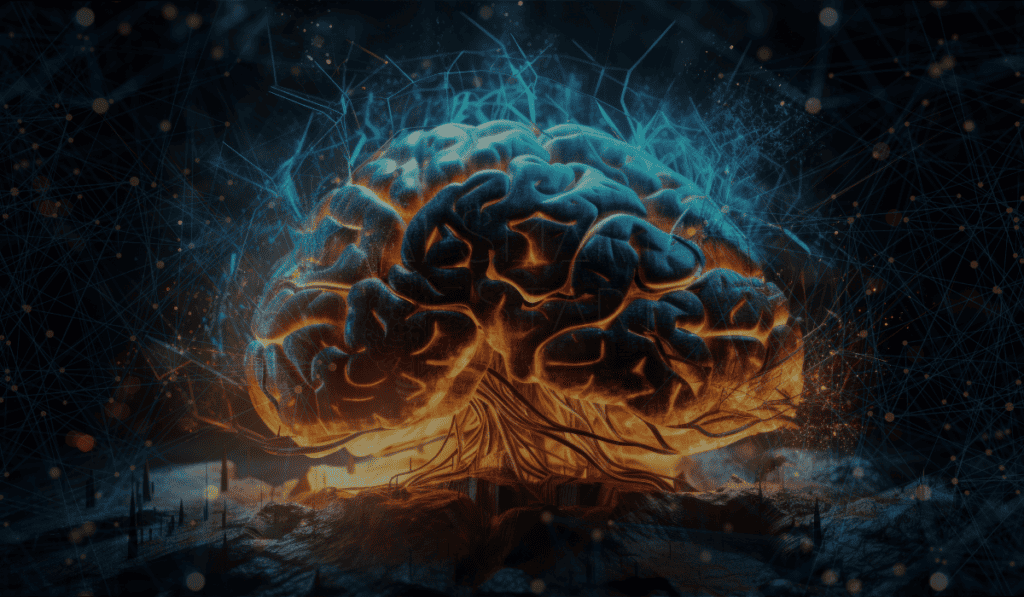
AI POWER
Revolutionizing Healthcare
In healthcare, AI assists in diagnosing diseases with higher accuracy and speed than humans can achieve alone. It helps doctors analyze complex medical data and predict potential health risks. (source)
Transforming Transportation
Self-driving cars, enabled by AI technology, are set to redefine transportation systems worldwide while ensuring safer travel experiences. (source)
Enhancing Education
In education, AI-powered tools provide personalized learning experiences for students and help educators manage administrative tasks efficiently. (source)
Innovating Entertainment
The entertainment industry also leverages AI to create hyper-realistic graphics for video games or suggest tailored content based on user preferences in streaming platforms like Netflix or Spotify. (source)
All these advancements underscore how deeply intertwined our lives have become with this transformative technology called Artificial Intelligence.
How AI Shapes Human Behavior
As AI advances, it has become increasingly clear that our behavior is shaped by its presence. From Siri and Google Assistant to Netflix and Amazon recommendation algorithms, AI systems subtly influence our actions.
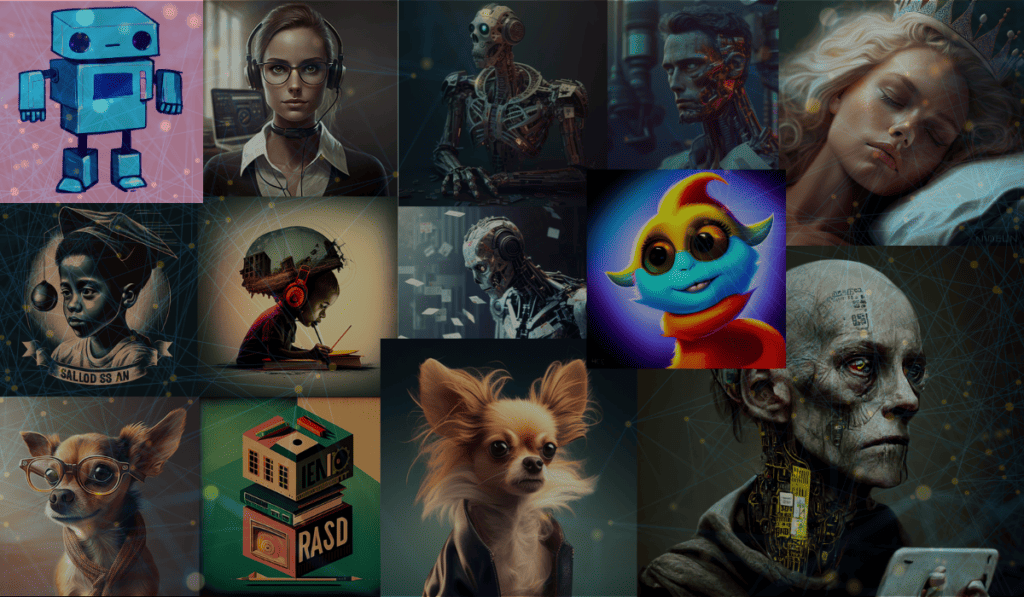
The Echo Chamber Effect
AI algorithms on social media curate content based on our preferences and interactions. This can create an echo chamber effect where users are exposed primarily to viewpoints they agree with, potentially influencing political views and personal beliefs.
Communication Habits
Autocomplete features in emails or text messages suggest responses based on previous conversations and writing style – over time, this could shape our communication habits.
Positive Behavioral Changes
On a positive note, AIs like chatbots used in mental health apps can encourage positive behavioral changes by providing support at any hour of the day. Woebot, an innovative AI-powered assistant, is at the forefront of supporting individuals needing mental health management. Using cognitive-behavioral therapy techniques, Woebot is changing lives by helping those struggling with anxiety and depression.
Privacy and Autonomy Concerns
However, the increasing reliance on AI raises concerns about privacy and autonomy as these systems often require access to personal data to function effectively.
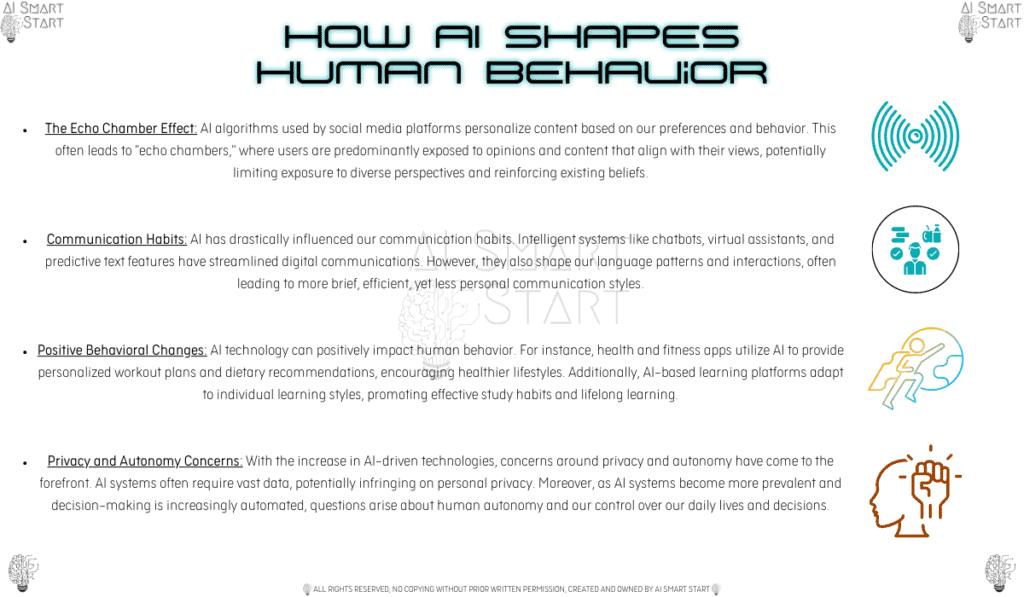
Developers, citizens, and policymakers must understand these implications to navigate the digital future responsibly.
The Future of AI
Predictions of AI’s continuing influence on human life are rife in the tech world. AI’s potential seems limitless as we move forward – from revolutionizing industries like healthcare and transportation to fundamentally changing how we interact with technology.
Recent trends suggest that AI will become even more integrated into our daily lives. We can expect advancements in autonomous vehicles, personalized learning systems, predictive healthcare, and more.
Autonomous Vehicles
As Tesla and other innovators continue to advance autonomous vehicles, AI algorithms are becoming increasingly adept at navigating roads with more excellent safety and efficiency. These vehicles use advanced AI algorithms to navigate roads safely and efficiently.
Personalized Learning Systems
AI can create personalized learning experiences tailored to each student’s needs in education. This can lead to more effective learning outcomes and better student engagement.
Predictive Healthcare
In healthcare, AI tools can analyze patient data to predict health risks and provide preventative care solutions. That leads to earlier detection of diseases and more effective treatment plans.
Despite these exciting developments, there are still challenges ahead for AI development. Ethical considerations around privacy and accountability need addressing before widespread adoption becomes feasible. Despite its immense potential, the impact of AI on our future is unquestionable.

FAQs in Relation to How Does Ai Affect Human Life?
How AI Impacts Human Life
AI automates tasks, improves efficiency, aids decision-making, and creates new job opportunities.
What Impact Will AI Have on Our Future?
The impact of AI on our future is uncertain, but it has the potential to revolutionize industries, change the job market, and improve our daily lives.
How AI Helps Us in Daily Life
AI simplifies everyday tasks, from personalized recommendations on streaming platforms to voice assistants like Siri or Alexa.
How AI Affects Human Interaction
AI can potentially change how we interact with each other, but it’s up to us to ensure that it’s used ethically and responsibly.
Conclusion
The power of AI has revolutionized our daily lives in countless ways. From the convenience of voice assistants like Siri and Alexa to the safety and efficiency of self-driving cars, we are experiencing unprecedented advancements. Additionally, predictive analytics transforms the healthcare industry, improving patient outcomes.
AI has significant benefits, including improving efficiency and accuracy while reducing human errors, but it also poses challenges, such as privacy concerns and job displacement due to automation.
As technology evolves rapidly, individuals across all industries must stay informed about AI’s potential future implications for society.
